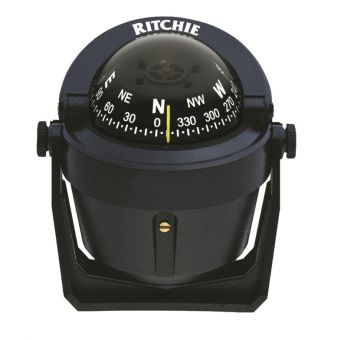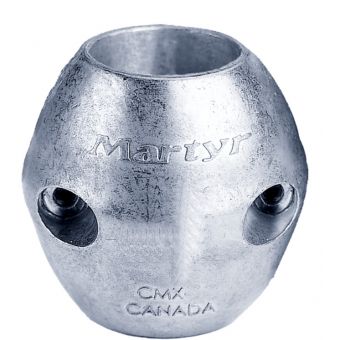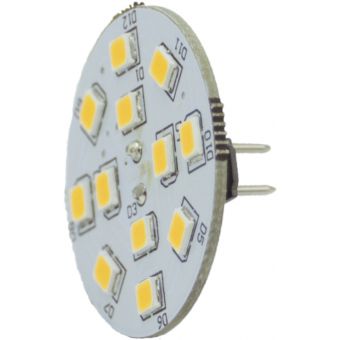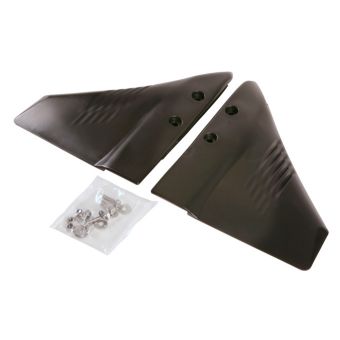It used to be that there were only two things certain in life: death and taxes – but now there seems to be a third: the rising cost of fuel.
Keeping and maintaining your boat can be an expensive pastime – which means that it pays to be smart about any potential savings.
Of course, you can’t cut corners when it comes to safety and there are lots of labour-saving gadgets out there to spend your cash on which all go to making boating fun. However, there are measures you can take to make your boat as fuel efficient as possible.
Plus, here’s a tip: keep a note on how much fuel you use as you put some of these measures into practice. Also keep records on how far you travelled and at what speeds. At the end ofthe day, the best way to control fuel costs is by easing off on the throttle. However, if you monitor how your boat’s fuel efficiency changes depending on changes you make and the way you use your boat, you’ll be able to keep track of the money you can save.
1. Keep a clean and well-maintained hull
Winter or early spring is the perfect time to get your boat out of the water and check the hull. Removing barnacles and weeds and coating the hull in a good anti-foul paint will help reduce drag in the water and let your boat perform more efficiently, whether under sail or motor. While you’re under there, also check that all your zincs and transducers are properly fitted to reduce drag, and that your propeller is in good nick. Bent blades, eroded edges and dings will decrease fuel efficiency just as much as having the wrong size diameter prop. Propspeed is also recommended to keep your prop clean from growth so it can propel you forward efficiently.
2. Keep an eye on how your engine’s running
A well-tuned engine should create an exhaust which is virtually invisible. Black smoke means the engine is overloaded, isn’t getting enough air or has worn injectors. Blue smoke means worn rings or valves are letting oil into the combustion chamber. In either case, you’ll need to get your hands dirty or get a mechanic in to improve the engine’s efficiency. Dirty fuel will also damage your efficiency as well as the engine, which means investing in additives which clean the engine parts or filters will save you cash in the long term.
3. Watch your weight
It’s not only how much weight you carry that affects the amount of fuel you use on a journey, but also how you stow that weight. Depending on your style of boat, you’ll be able to alter how it handles in the water and its trim by distributing weight around the boat. This is something you’ll be able to get a handle on the more you use your boat.
4. Watch your speed
Nothing will save you more money than easing up on that throttle, so try to give yourself a little more time for your journey and settle back to watch the world pass by a bit more slowly. It might seem strange, but running the engine faster doesn’t always translate into an equivalent increase in speed, so simply keeping an eye on fuel consumption at different RPMs will give you an idea of the most optimal speed for your specific boat.
A displacement hull will require significantly more fuel the faster you go, so it’s important to stay well below the maximum hull speed. With a planing hull, which lowers drag by having less of the hull in contact with the water, you should get onto the plane as quickly as possible and then reduce your speed a little. However, you’ll have to keep the speed at a certain level to maintain fuel efficiency as planing hulls rely on speed to keep most of the surface out of the water. If you have a boat with an outboard motor, adding a hydrofoil could also give you this efficiency advantage of getting your boat on the plan sooner.
5. Know your wind and tide charts
If you’re under sail then you know how much extra energy it takes to go against the flow of wind and water. The same applies to motoring too. Having up-to-date weather reports and planning your travelling around the tides can help your fuel efficiency immensely.
6. Invest in power-saving gadgets
Installing solar panels or a wind turbine will help recharge batteries or run instruments and heavy duty kit like fridges and freezers, all going towards helping your boat’s overall energy efficiency. You might not notice the saving at the fuel pump, but it will certainly help in terms of overall long term cost savings. You will reduce the time you need to start your engine for your alternator to top up the charge of your batteries.
7. Get your navigation right
On dry land, it’s easy to calculate distances because the road networks tend to limit your options. However, at sea you can find yourself adding many extra kilometres and engine hours to a journey due to poor planning. Learning navigation skills is a good start, but investing in an autopilot also means that some of the onus for efficiency can be taken out of your hands.
Do you have any questions?
Please, contact our friendly team on 0800 102041 or email: website@burnsco.co.nz





